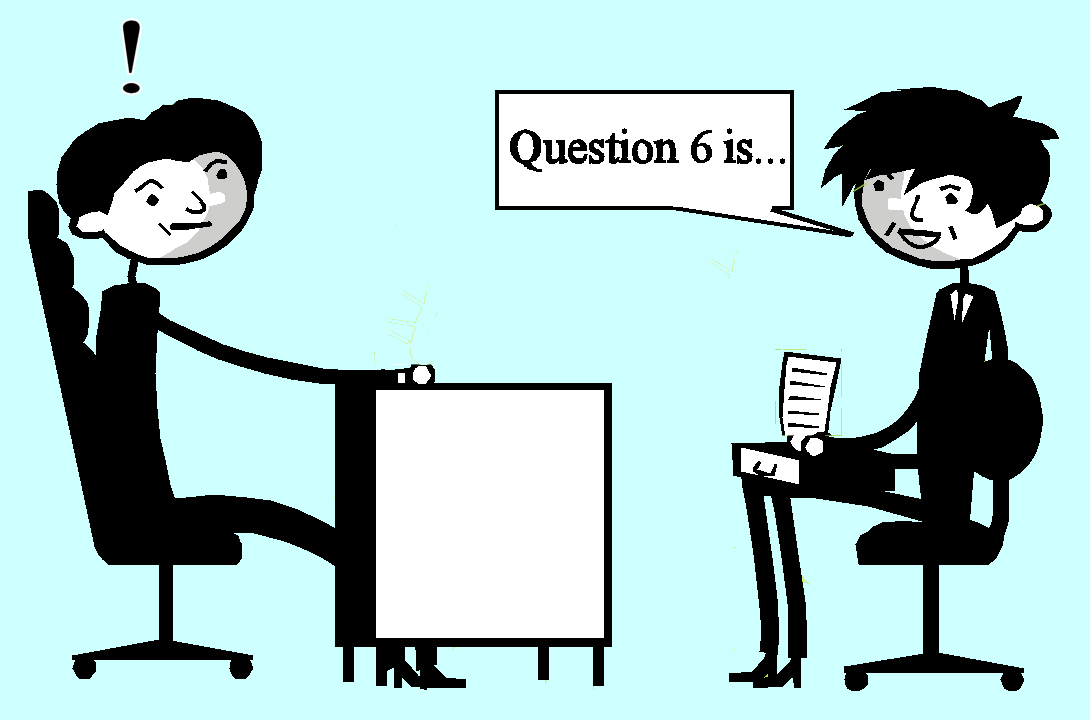Lesson 8: Taking Histories
Attention

Learning Outcomes
Upon completion of this lesson's material, students will be able to:
- Describe how to gather and document a client's social history
Teaching
Gathering the Story
Gathering information for the social history is very important. This information helps determine your impressions and recommendations for treatment.
A "social history" is a description of the history of the problem that has brought the client to services. It also includes all the relevant background information about the person because these factors may contribute to the problem as well.
We might envision this as the persons' "story".
DETAILS are what are important...you may have heard the saying that the "Devil is in the details"...this might be true, but the solution to the problem is often there as well!
This is why it is so important to NOT jump to conclusions and solutions too early in the case management relationship...take the time to get to know the details of the story.
Information we Need
Click HERE to review the Maine DHHS standards for assessment
Ongoing Story-Gathering
As a CM, part of our relationship building function with our clients is to continue to get to know them and their history over time. We will never have the WHOLE story but if we remain open to the conversation, we can learn a lot.
Assessment
Lesson 8 Assignment
Devise a form on which you can assess all the items on the DHHS standards page up to R.S.2.A 13.
We will be using this form in class to practice conducting assessments.
For this assignment I would like you to submit a narrative form of your initial assessment with your "client". Your paper will be graded on the following rubric:
| Assessment Assignment | |
Cover Name, course name, date, title of assignment, etc. |
10 pts. |
Form This first part of the paper is a copy of the EMPTY form that you created for this assignment. |
45 pts. |
Assessment The section contains the actual assessment that you conducted. It is NOT completed on the form itself. For each area you are to provide a 1 paragraph summary of that aspect of your client's life. You need to provide a SUMMARY of the information you gathered on this individual. |
45 pts. |